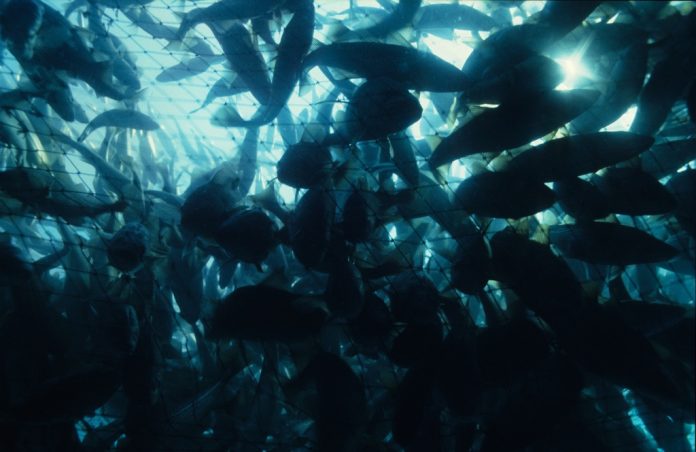The EU Ombudsman has demanded the Council of the European Union release more information on fishing quota negotiations between governments, following a ClientEarth legal complaint.
Less than two months before European fisheries ministers decide on fishing limits for 2020, the move could open up the current opaque decision making process, which blocks public scrutiny and keeps member state positions secret.
On Friday, October 25, the ombudsman issued a formal recommendation for the Council to “proactively publish” all relevant documents while the decision-making process is ongoing, to “promote greater transparency of environmental information”.
The decision follows a complaint ClientEarth lawyers lodged against the Council after many years of unexplained fishing quotas set above the scientific advice for the recovery and long-term sustainability of fish populations.
“The ombudsman’s recommendation couldn’t have come at a more crucial moment for the EU’s fish stocks, as 2020 is the legal deadline to end overfishing. If EU ministers are to meet this deadline, public scrutiny of the decision-making process is vital,” said ClientEarth environmental democracy lawyer Anne Friel.
“Publishing meeting documents that show member states’ positions in a timely manner would help the public participate in the decision-making process and hold governments to account. Being more transparent would also incentivise ministers to follow advice from scientists rather than caving to industry demands,” she added.
The Commission has just released its proposal for the majority of fishing limits for wild fish populations in the North East Atlantic for 2020, starting the negotiations between EU countries that will ultimately lead to a final agreement in December.
These negotiations are closed to the public and while it is understood that industry has easy access to decision-makers, the Council refuses to provide the public with the information they need to participate meaningfully in the decision-making process.
“The Council should implement the ombudsman’s recommendation immediately and publish all relevant documents on fishing limits as soon as they are circulated in the Council,” said Friel.

